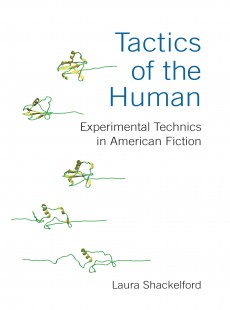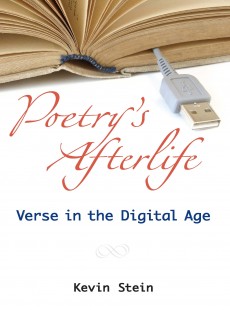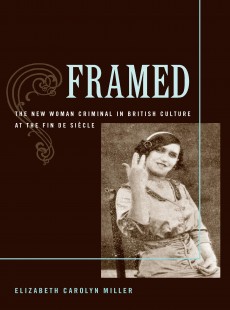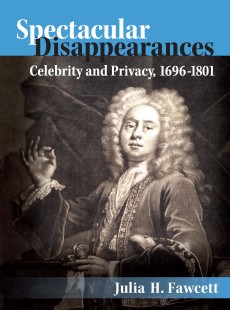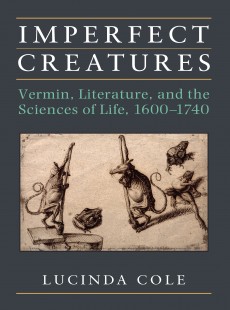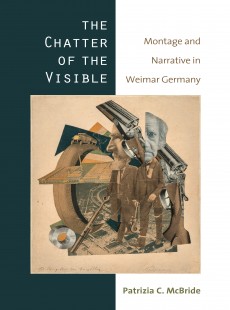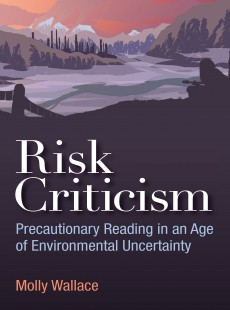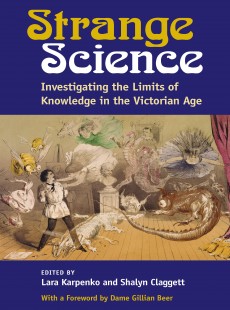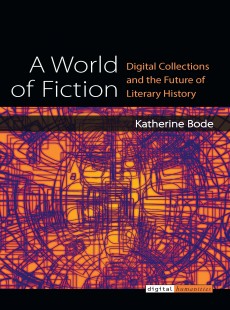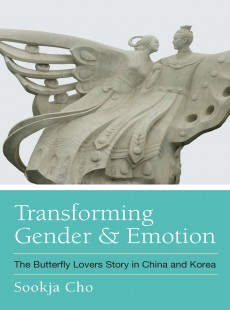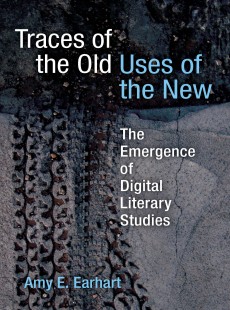
Traces of the Old, Uses of the New
The Emergence of Digital Literary Studies
Amy E. Earhart
 Publisher: University of Michigan Press
Publisher: University of Michigan Press
Imprint: University of Michigan Press
Published: 01/2015
Pages: 172
Subject: Literary Criticism - Semiotics & Theory
Print ISBN: 9780472052783
eBook ISBN: 9780472900688
DESCRIPTION
Traces of the Old, Uses of the New focuses on twenty-five years of developments, including digital editions, digital archives, e-texts, text mining, and visualization, to situate emergent products and processes in relation to historical trends of disciplinary interest in literary study. By reexamining the roil of theoretical debates and applied practices from the last generation of work in juxtaposition with applied digital work of the same period, Earhart also seeks to expose limitations in need of alternative methods -- methods that might begin to deliver on the early (but thus far unfulfilled) promise that digitizing texts allows literature scholars to ask and answer questions in new and compelling ways. In mapping the history of digital literary scholarship, Earhart also seeks to chart viable paths to its future, and in doing this work in one discipline, this book aims to inspire similar work in others.
REVIEWS
—Andrew Stauffer, University of Virginia
RELATED TITLES
